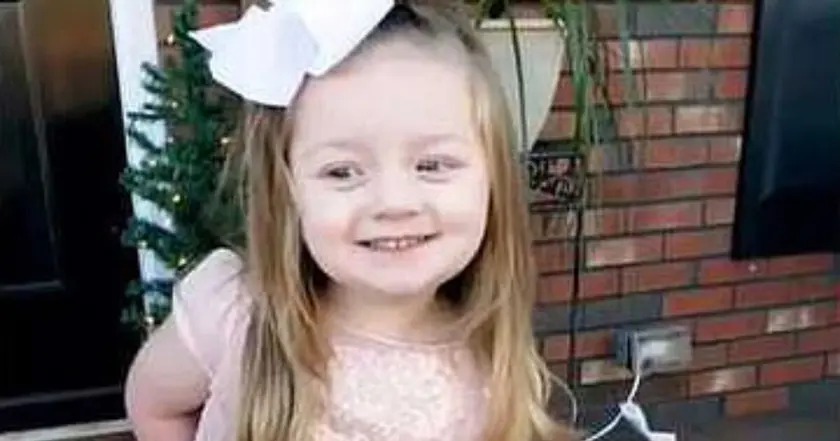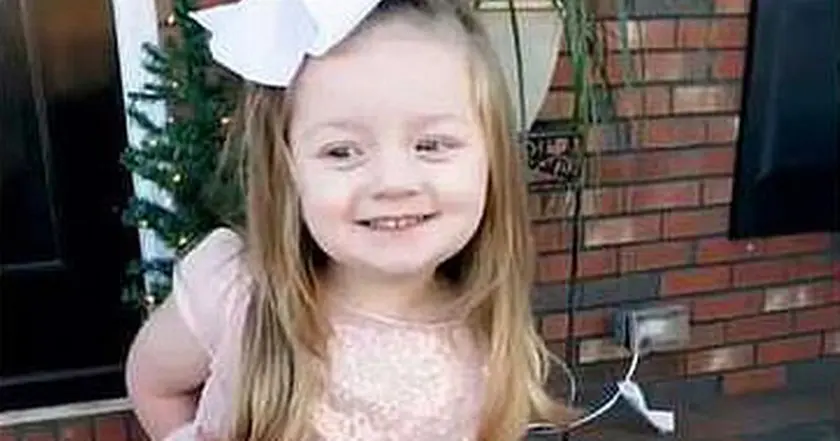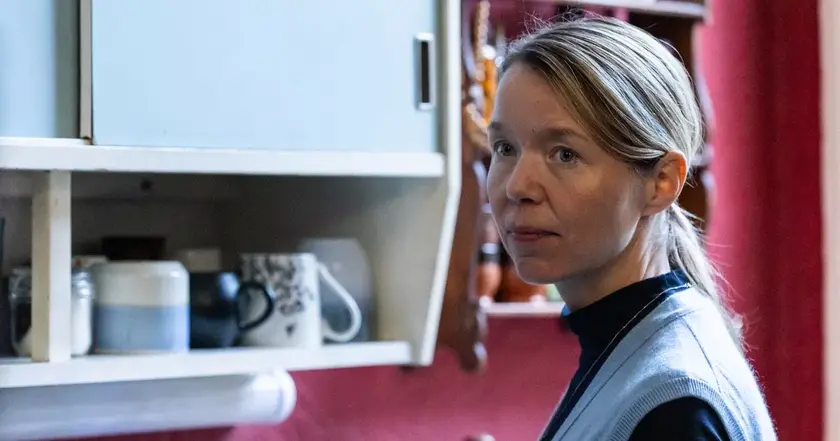T4K3.news
Reality TV star convicted in foster child death
Ariel Robinson found guilty of homicide by child abuse in Greenville, South Carolina.

A former reality TV winner was found guilty of homicide by child abuse in the death of her foster daughter in Greenville, South Carolina.
Reality TV star convicted in foster child death
Ariel Robinson, the season 20 winner of Worst Cooks In America on the Food Network, has been found guilty of homicide by child abuse in the death of her foster daughter, Victoria. The verdict came after prosecutors outlined a pattern of severe blows and neglect that medical examiners linked to the child’s injuries. Court records show a sequence of events starting with Victoria vomiting on a church visit, followed by police reports about bruises and a sustained use of physical discipline. Robinson and her husband, Jerry, were part of the foster family caring for three children, and testimonies depicted a home life that stood in contrast to the public image Robinson made on social media.
During trial, the defense pressed theories about blame shifting, including an assertion that the child’s seven-year-old brother contributed to the harm. Investigators and doctors, however, argued that the injuries were not the result of incidental activity or a single incident. Jerry testified to hearing a form of discipline that later led to his cooperation with investigators, and he admitted aiding and abetting the homicide after initially presenting a different account. Robinson cried in court as the verdict was read, a moment that contrasted with the defense’s attempts to frame the case as one of another family member’s responsibility.
The judge sentenced Robinson to life in prison, remarking that the case was unlike anything seen in his years on the bench. The trial highlighted broader questions about safeguarding vulnerable children in foster care and how public profiles can intersect with legal processes. The verdict may prompt closer scrutiny of foster care oversight and the responsibilities of adults who choose to become caregivers.
Key Takeaways
"Justice is blind to fame"
Reaction to the verdict emphasizing equal application of law
"Foster care safety must outrun attention spans"
Policy implications and public discourse on care safeguards
"The courtroom is not a stage for reality TV"
Observation on media dynamics during trial
"Accountability finally meets the camera"
Commentary on public exposure of the case
This case tests the tension between celebrity status and accountability. It shows how a carefully crafted public image can collide with the realities of protecting a child who cannot advocate for themselves. The courtroom remains the arena where facts are weighed over headlines, and this verdict emphasizes that abuse in any home, regardless of status or fame, demands a firm legal response. As society watches, policymakers may feel pressure to review foster care safeguards and the role of media attention in shaping perceptions of such families.
Highlights
- Justice does not bow to fame
- Fame should not shield harm from the law
- The courtroom is a place where truth speaks to power
- Accountability meets the camera at last
Foster care case sparks public backlash and policy debate
The involvement of a reality TV figure in a serious child abuse case invites strong public reaction and scrutiny. Coverage risks sensationalism and could shape debates on foster care oversight and celebrity involvement in family life.
The legal outcome puts a sober limit on the spectacle surrounding foster care and celebrity life.
Enjoyed this? Let your friends know!
Related News

Reality TV star sentenced for killing foster daughter

Jimmy McGovern discusses career in exclusive interview

Exciting new shows and movies coming to Netflix in August 2025

Sia and Harry Jowsey spotted together in LA

David Attenborough’s Parenthood premieres tonight

Billy Barratt shares unique acting insights

Ozzy Osbourne has died at 76

Jenna Ortega faces scrutiny following industry backlash
